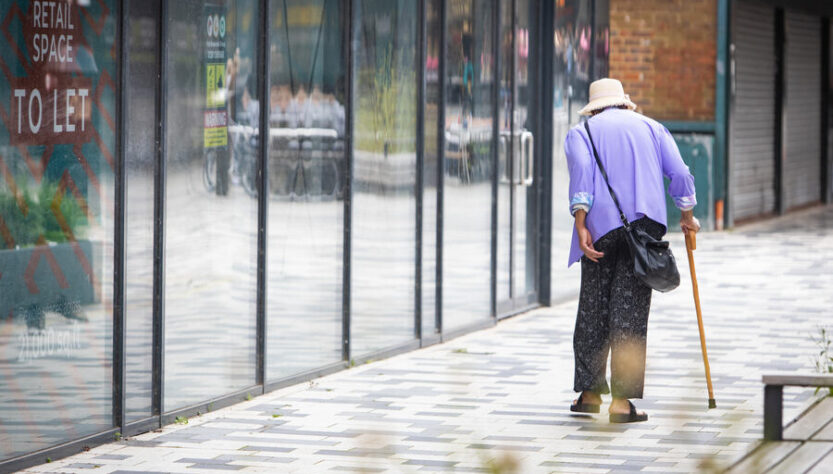Researchers from Nottingham Trent University have discovered that muscle cells deteriorate with age. This subsequently affects their regenerative ability and recovery after injury.
The researchers analysed the genes inside muscle cells. They found that the “development pathways,” become weakened in older cells. These pathways are the ways in which genes work together to regenerate muscle
Lead researcher Dr Santos said “This helps explain why muscle injures may take longer to recover from as we age”. Dr Santos is an expert in musculoskeletal biology at the University’s School of Science and Technology.
She said: “We know that healthy muscle regenerates after we’ve had an injury. However ageing impairs that regeneration potential. This makes recovery harder the older we get. The activity we’ve seen inside the cells helps us understand why we don’t heal as well or quickly when older.
The researchers developed a new approach by observing the different mechanisms that drive muscle ageing. They studied muscle cells from donors and assessed how they healed and regenerated. This was after they had been chemically injured.
Neural Pathways
The pathways that control cell processes and development work differently in older cells. They are found to be down-regulated. This means regeneration is impacted the older you get. If we can understand these pathways we could potentially identify new therapies and interventions to mitigate the problem
When comparing cells from a 20-year-old donor to cells from a 68-year-old donor, the team found distinct differences in the development pathways. Younger muscle cells fully recovered from the injury, while older cells expressed fewer genes needed for regeneration, leading to reduced regeneration capacity and thinner, less robust muscle fibres.
Janelle Tarum, another researcher involved in the study, highlighted how their work could be crucial for future drug discovery and the treatment of diseases related to muscle aging: “We’ve been able to develop a new approach to assess muscle regeneration which involves a state-of-the-art technique called RNA-sequencing.
“There’s a very clear reduced regeneration capacity and weakened recovery of aged cells and we have been able to further understand the factors underlying this impairment.
“Our work enables us to examine muscle cell regeneration across the lifespan and this in turn could be key for future drug discovery for disease related to muscle ageing.”
The study was published in the Journal of Tissue Engineering and Regenerative Medicine and involved researchers from Manchester Metropolitan University and Liverpool John Moores University.


[…] seen in a previous blog post, muscle damage recovery can take longer in older people. Making a conscious decision to exercise […]